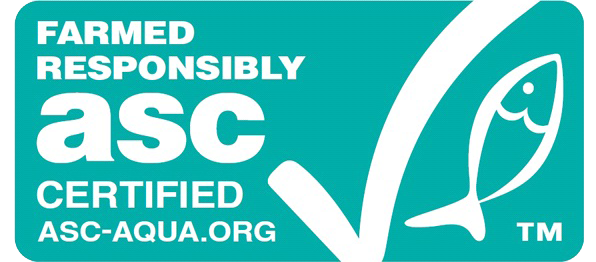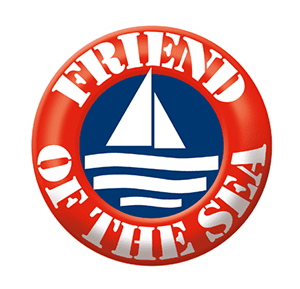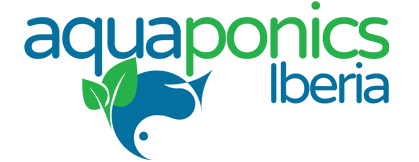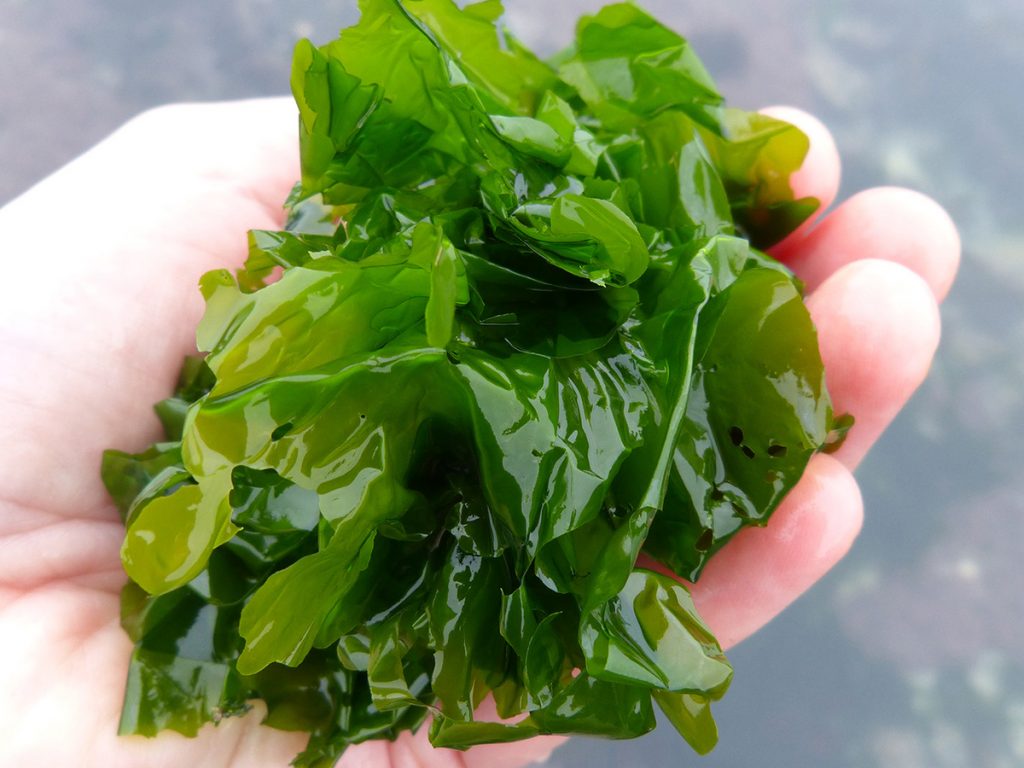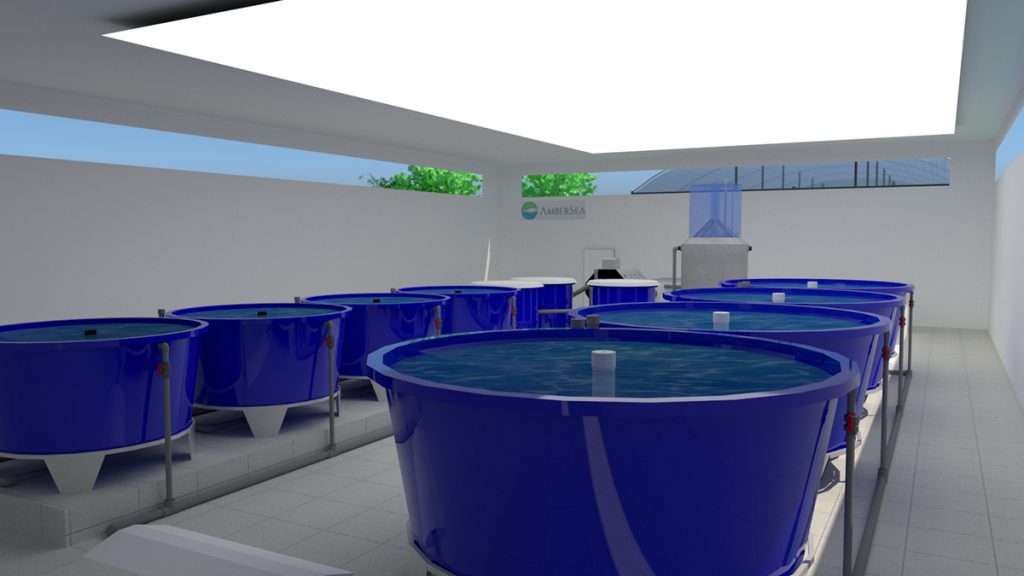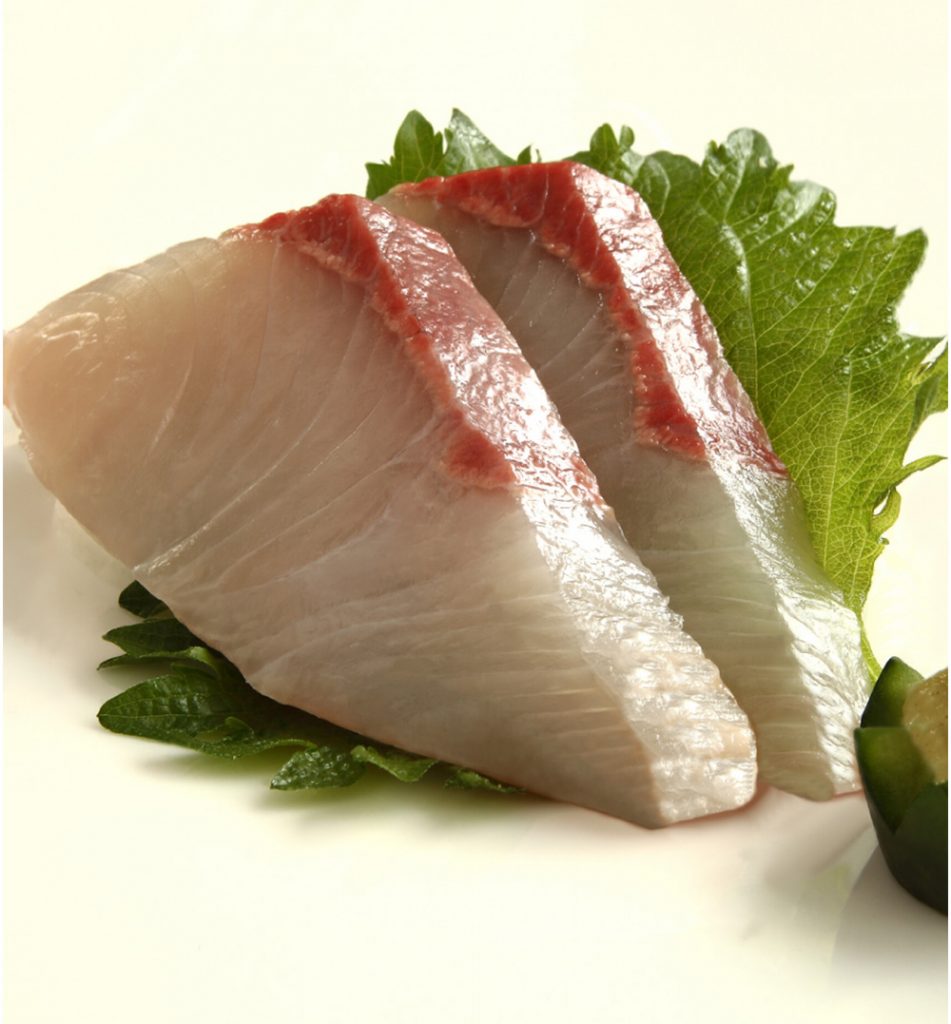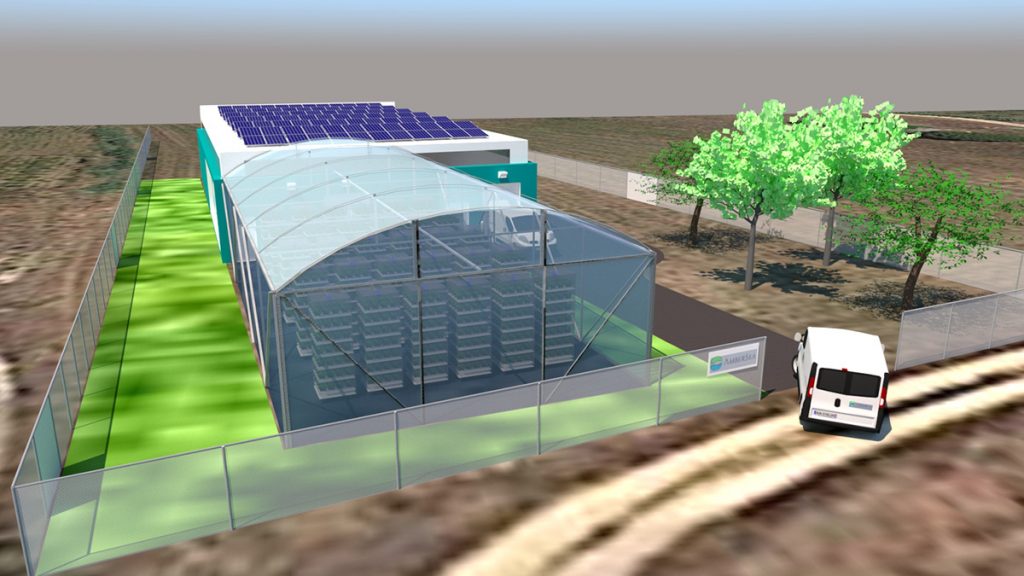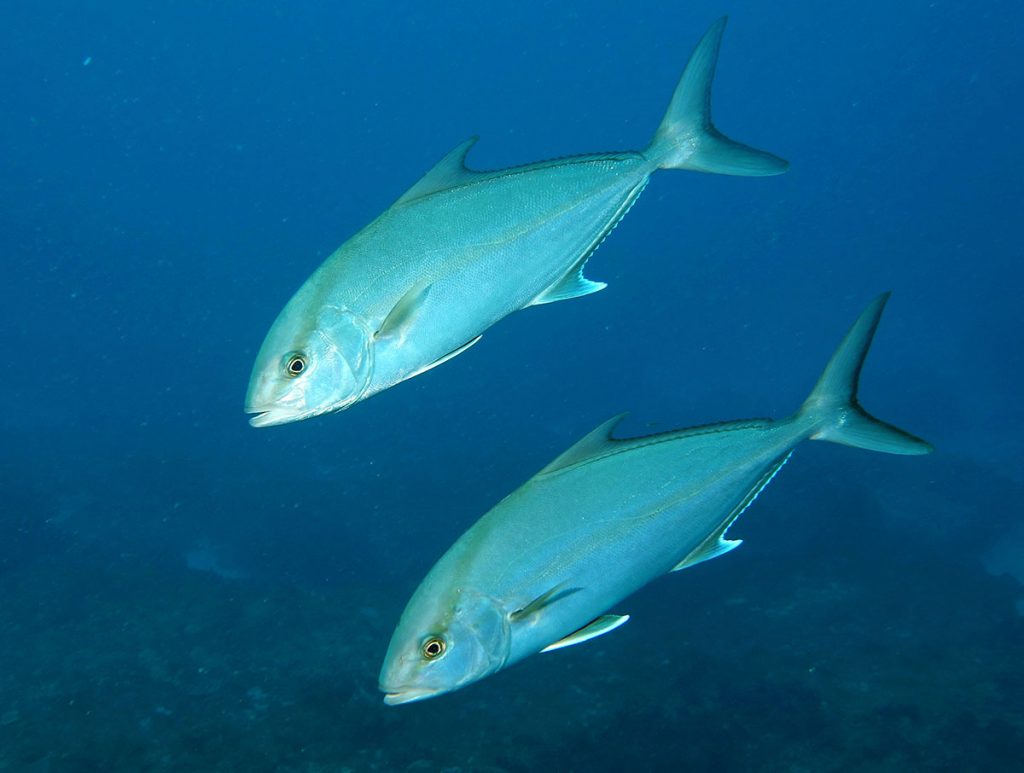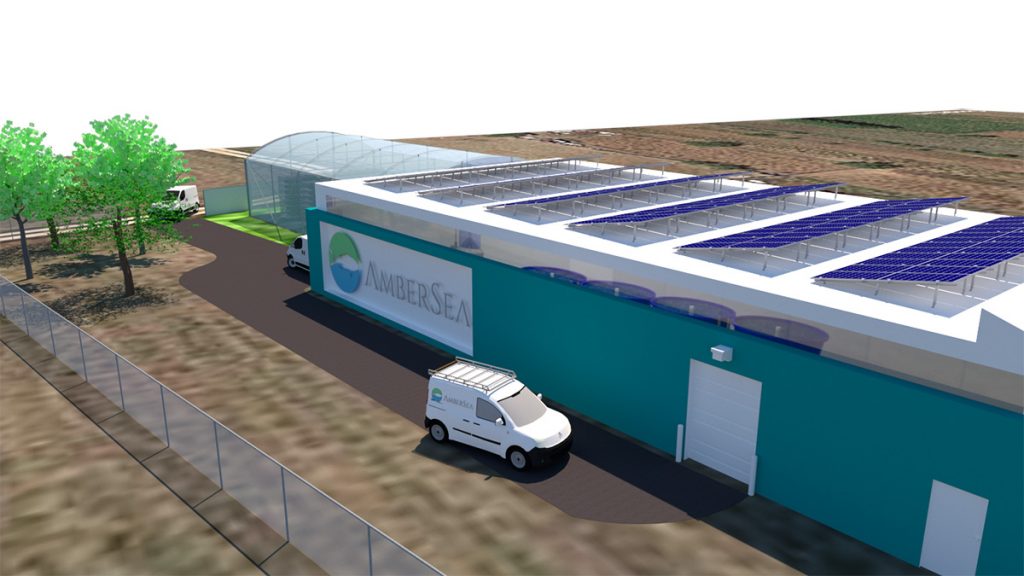

First Recirculating Aquaculture System (RAS) in the Iberian Peninsula to grow Greater Amberjack together with macroalgae through a new nature-based Seawater Aquaponics solution (IMTA circular technology), with positive water and carbon footprint

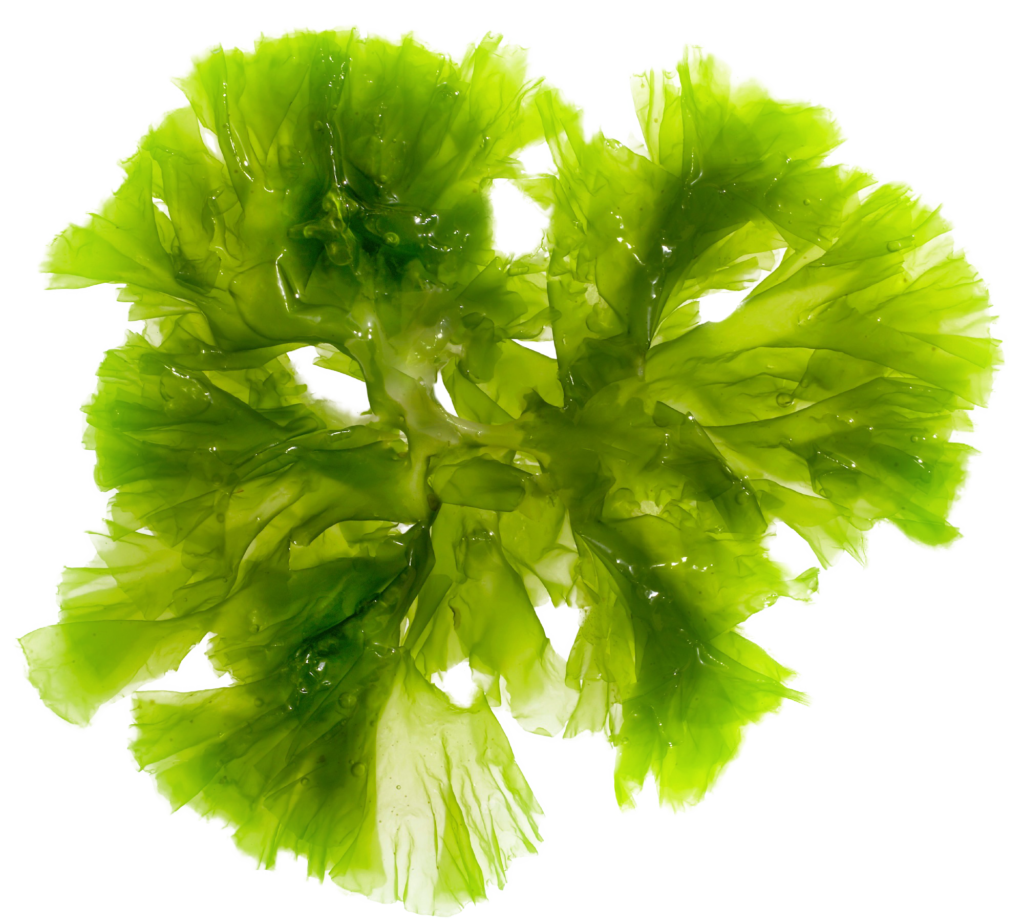
Recicles aquaculture nutrient-rich water by nutrient (dissolved N and P) uptake (no effluents and no use of synthetic fertilizers).
New macroalgae vertical production technique promotes increased productivity.
Sequestration of CO2 emitted by fish and bacteria (uptake from air and water), promoting rapid growth of macroalgae.
Increases water pH and O2.
No contaminants (water controlled environment).
Promotes increased fish growth and quality.
Sea lettuce (Ulva sp.) and Nori seaweed (Porphyra sp.)
Excellent food with high content of protein, fiber, vitamin B12, magnesium, iron and iodine. Used in sushi and also a biomass source for production of animal feed. Several sources of bioactive metabolites and ingredients for the pharmaceutical, cosmetic and nutraceutical industries.
Innovative technology to grow macroalgae in the same recirculating system as finfish
- Low energy demand.
- Vertical growth.
- Sequestration of CO2 emitted by fish and microorganisms.
- High efficiency in nitrogen uptake.
- Fast growth (>+15% daily biomass).
Greater Amberjack (Seriola dumerili)
One of the 6 potential game-changers for EU aquaculture. A growing demand and high priced species in Europe with a delicate flavor that makes it a great choice for sushi and other highly sophisticated fish dishes.
Innovative RAS technology improving fish growth and sustainability
- Greater Amberjack is a highly sustainable and certified alternative for fresh tuna.
- Better growth, fish quality and welfare.
- Instead of being emitted to the atmosphere, the CO2 generated by fish and microorganisms is assimilated by the algae.
- Macroalgae recycle water, improving its quality and eliminating wastewater.
- No parasites and no contaminants affecting fish health and quality.
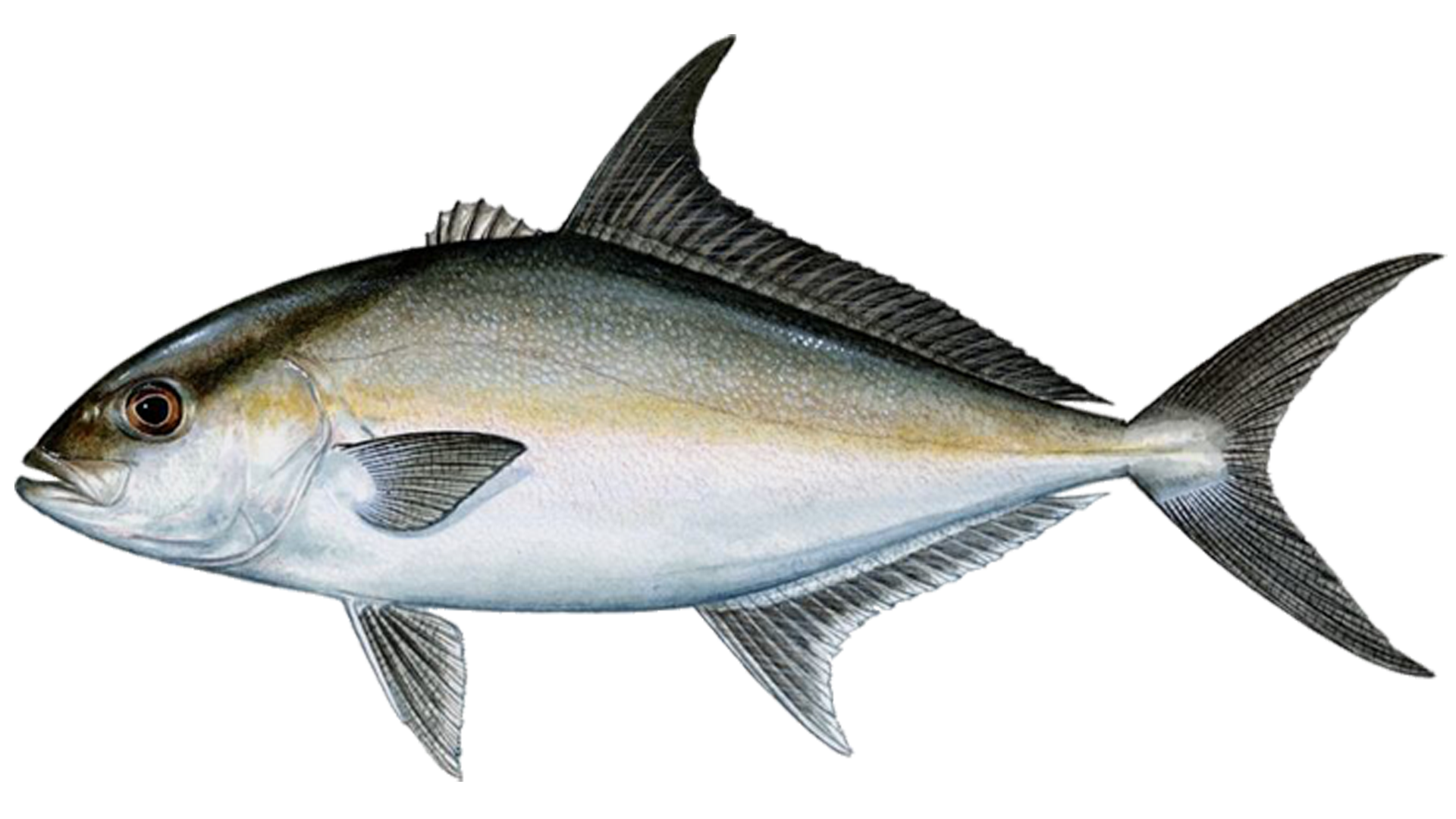
Much better growth rate, much less mortality than in cage-farmed Greater Amberjack and high standards of animal welfare.
Totally controlled environment.
The solid waste generated by the fish are filtered, processed and recycled through an aerobic biodigester, reusing the nutrients to be assimilated by the macroalgae.
Evaporated saltwater is recovered as freshwater through condensation (19.5 million L/year), which can be used for horticulture or bottled for human consumption.
Off flavour sustainable new management techniques to reduce operations costs and increase output quality and biomass.
Up to 3 kg growth in 1 year.
SDGs AMBERSEA is addressing
Project main developers
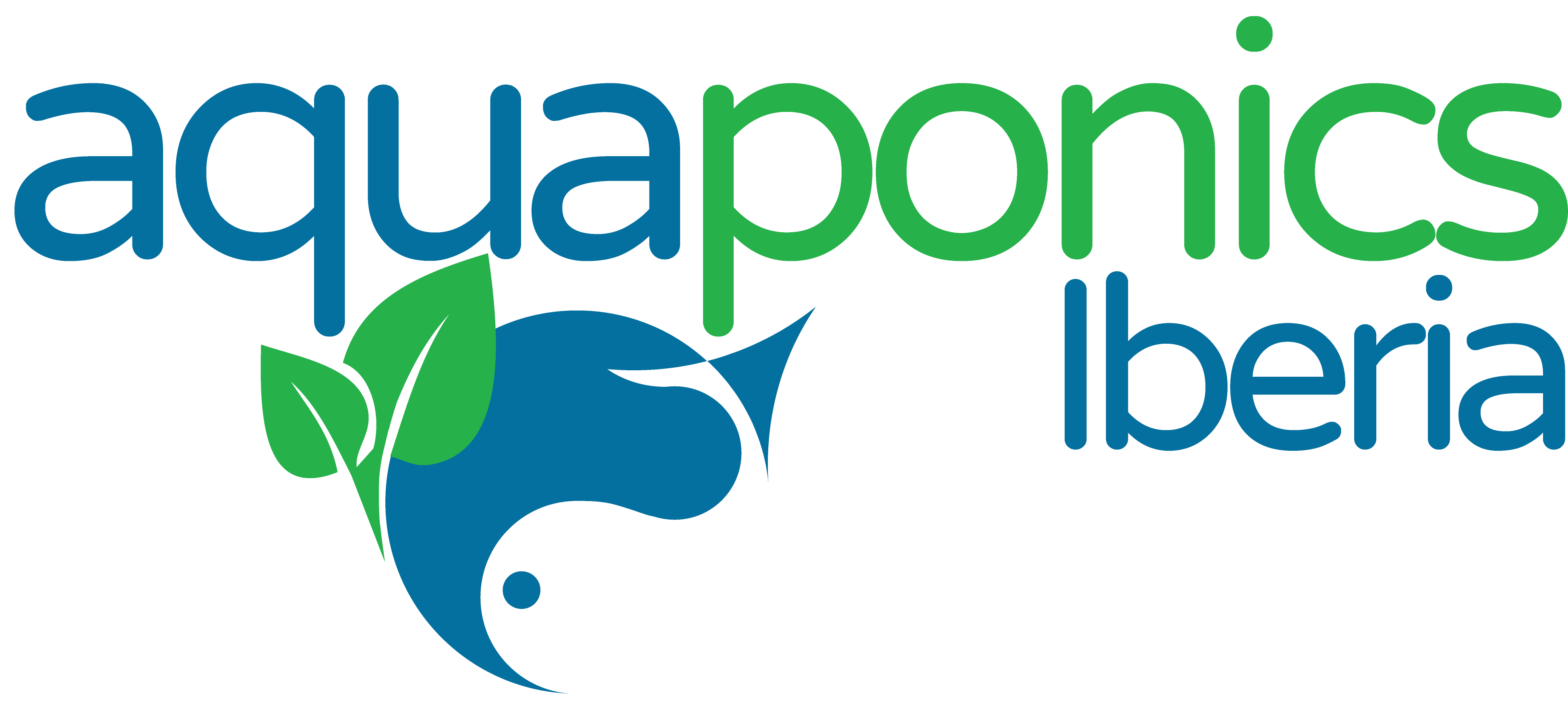
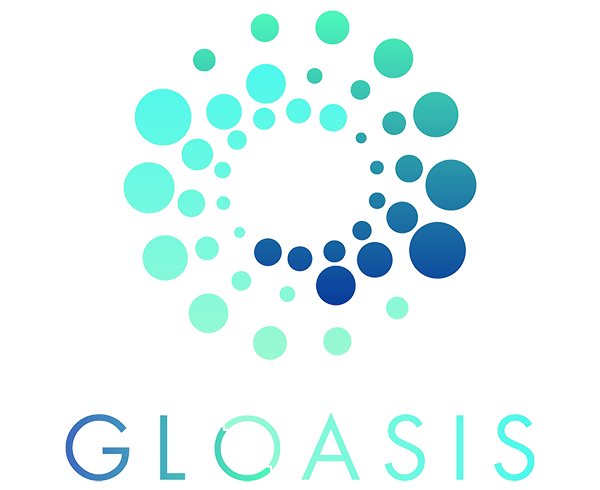
Certifications
